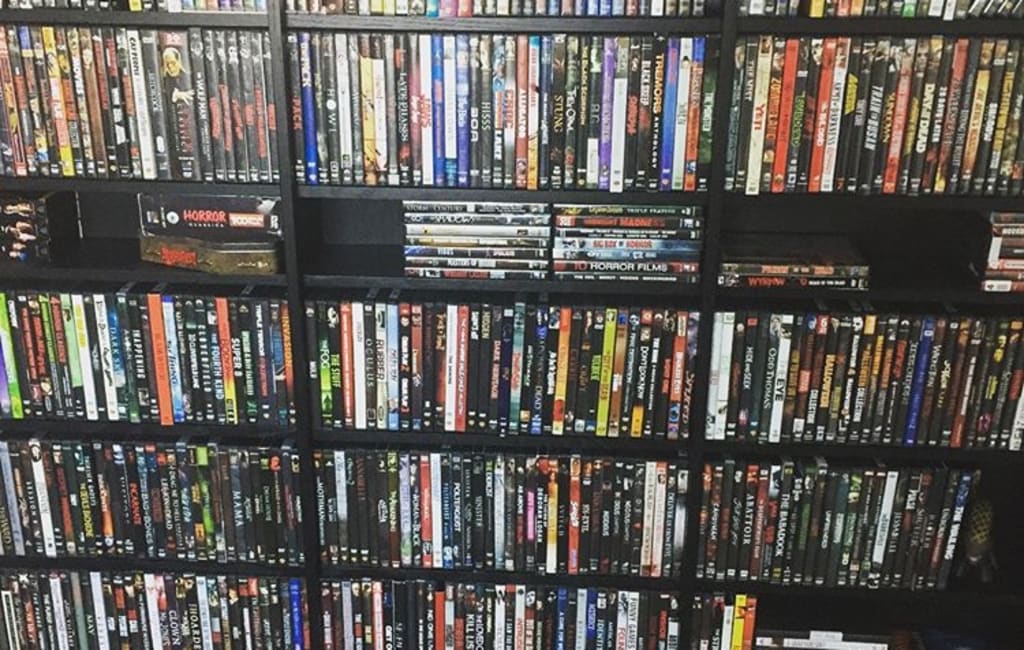How Horror Helped Me Face Myself
A Brief Exploration of the Relationship Between the Horror Genre and Mental Health

The second you tell someone you’re a horror fan usually either one of two things will happen:
- They’ll light up and say “me too!”
- They’ll give you a weird look that says “oh you’re one of THOSE people.”
For those of us who have built a home in the genre, it’s always a welcome surprise to find other people who also share our fondness for spooky films.
And yet, as horror fans, we learn pretty quickly to expect the less-exciting responses. In my experience I’ve found that those responses are far more common than instant camaraderie with a fellow horror hound.
Generally, people are afraid of their own vulnerability. They want to tackle it, shove it into a box, and throw it away. They don’t want to look at it. They don’t want to acknowledge it’s even there at all.
We see it in religion and the media all the time — the impossible goal to shed our inherent humanity and turn off the Bad Thoughts in order to achieve true happiness.
In today’s society, there seems to be a huge focus on getting rid of the bad entirely. Growing up I frequently heard things like: “Just smile!” Which, as someone who struggles with depression and anxiety, essentially equated to “Just turn your emotions off!”
I’m not the only one who gets stuck in ruts that I wish I could just smile my way out of. It’s completely understandable to want yourself or someone you care about to be able to just throw away everything that’s uncomfortable.
It’s understandable, but it is a problem.
The root of this issue isn’t that we want to get rid of the bad emotions, it’s that we as a society see certain emotions as being bad.
And so it becomes weird to actively seek out these “negative” emotions. It doesn’t seem natural for people to want to be scared. Horror becomes "dirty."
People crave adrenaline, there’s a reason people go spelunking and white water rafting. But non-horror fans sometimes don’t connect that with horror.
Why get that rush of adrenaline we all crave in the safety of your own home when you can just, I dunno, jump off a cliff instead?
The horror genre works therapeutically for me because it allows me to experience an emotion that’s usually considered negative in the safety of my own home.
I can ride out the terror in a controlled environment and ultimately get that wave of relief after the credits start rolling, and this has helped me to get more comfortable with my own day-to-day fears.
When I’m watching a horror film I’m not worrying about what I’m going to do about expenses that need to be paid. I’m thinking about how terrible it would be to be stabbed in the back on my way to the car. (And also second-guessing the weird noises my house makes at night. ‘Settling’. Riiiight.)
I introduce myself to my anxiety whenever I watch a horror film, and I’m not going to stop anytime soon.
Because let’s face it, we can’t just dump our anxiety off the cliff we’re about to dive off. We can’t toss it aside into rushing rapids. Anxiety is a real issue that real people face every day.
But we can learn to live with it, get nice and comfy with it, and ultimately forgive ourselves.
And so I’ve turned to horror; I’m snuggling right up to my anxiety and saying, “hey, mind if I join you?”







Comments
There are no comments for this story
Be the first to respond and start the conversation.